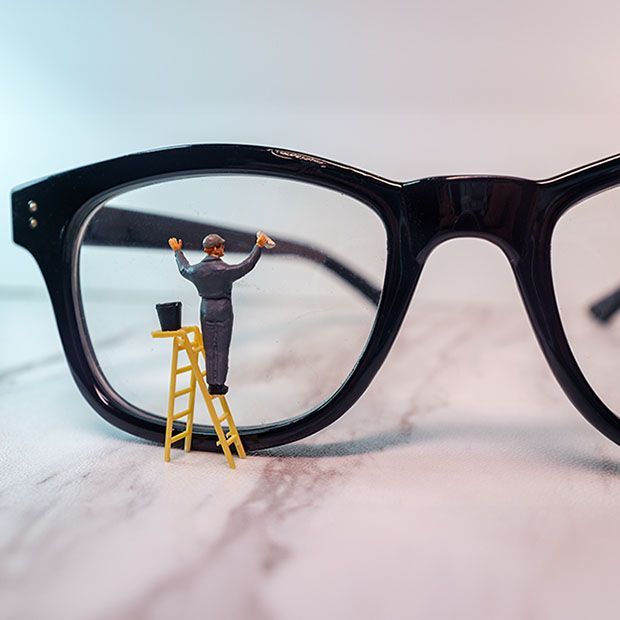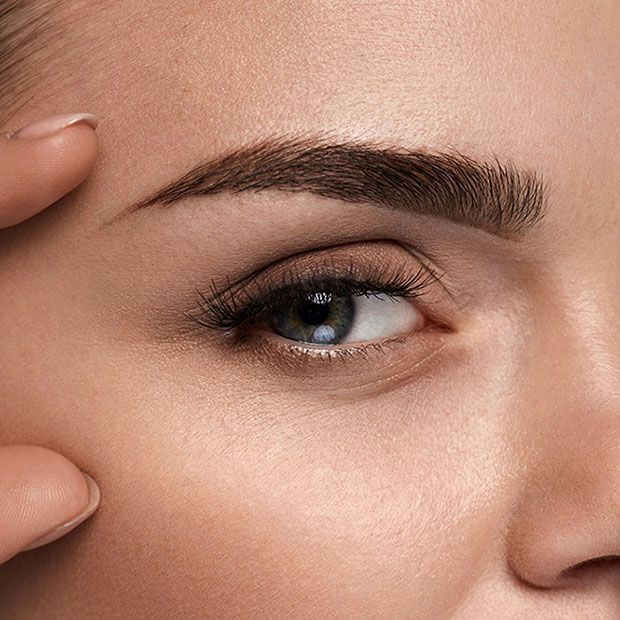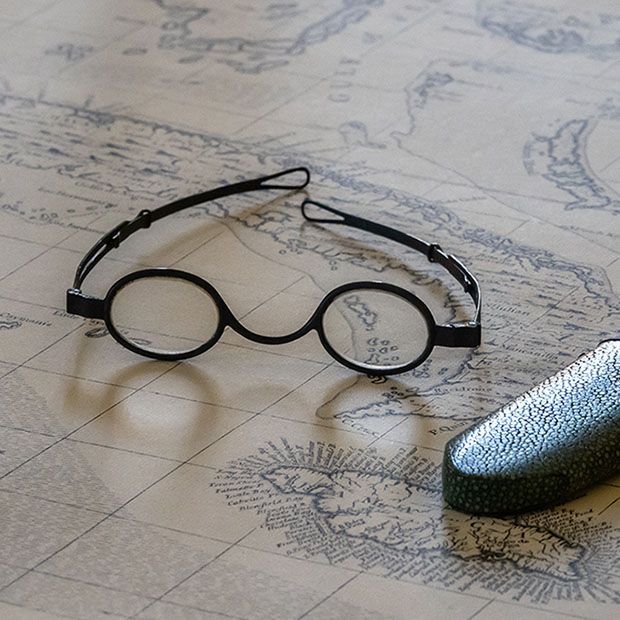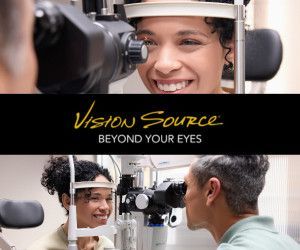Are You Taking Good Care of Your Lenses?

It’s remarkable what a change a pair of thin contact lenses or pieces of glass can make.
The transformation that occurs when you first put on glasses or contact lenses is nothing short of miraculous — suddenly, individual blades of grass and leaves on trees snap into clear focus. This clarity is essential for performing daily tasks effectively, highlighting the importance of proper lens care.
Effective Cleaning and Storage of Glasses
To keep your glasses pristine and your vision clear, regular cleaning is crucial. Avoid using the hem of your shirt or other rough materials as they can scratch the lenses. Instead, use a soft cotton or microfiber cloth along with a specialized cleaning solution. You can also make a gentle cleaner at home by mixing a drop of dish soap with water in a spray bottle.
If you find yourself without a microfiber cloth, using the hem of a soft cotton shirt in a pinch is okay, but never use paper-based products like tissues or napkins, as they can scratch the lenses. Also, steer clear of household cleaners like window sprays or ammonia-based products, as they can strip away the coatings that protect your lenses.
Proper storage is just as important as cleaning. Always store your glasses in a sturdy case when not in use to protect them from accidental damage. This simple habit can significantly extend the life of your glasses and keep them in good condition.
Care Tips for Contact Lenses
Since contact lenses sit directly on your eyes, maintaining stringent hygiene is vital to avoid infections. Here are a few key guidelines:
- Always wash your hands thoroughly with soap and water before touching your contact lenses.
- Use fresh solution each time you store your contacts; never reuse old solution as it can harbor bacteria.
- Avoid exposing your contacts to water, which can contain potentially harmful microorganisms. Similarly, never use saliva to clean your lenses.
- Follow the care instructions on your contact lens package closely, including how often to replace them and how long to wear them each day.
- It’s important not to cut corners with contact lens care to save money; the risks of infection from improperly maintained lenses far outweigh any short-term savings.
Preventing Eye Infections
Contact lens users are at a higher risk for eye infections, but everyone can take simple precautions to lower their risk. Avoid touching or rubbing your eyes, blink regularly to maintain moisture, stay hydrated, and use eye drops if you experience dryness.
Addressing Lens-Related Issues
Whether you use glasses or contact lenses, always reach out with any questions or concerns about their care. At our practice, we are committed to ensuring your satisfaction and comfort with your lenses. If you notice any irritation, redness, or signs of an infection, contact us immediately. Regular eye exams are also vital to maintain your overall eye health and update your prescription as needed.
Helpful Articles









